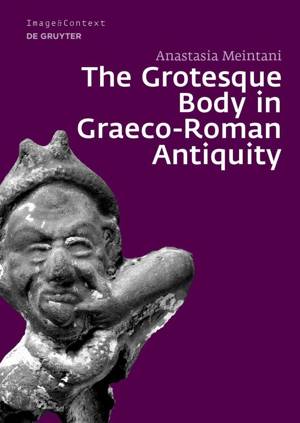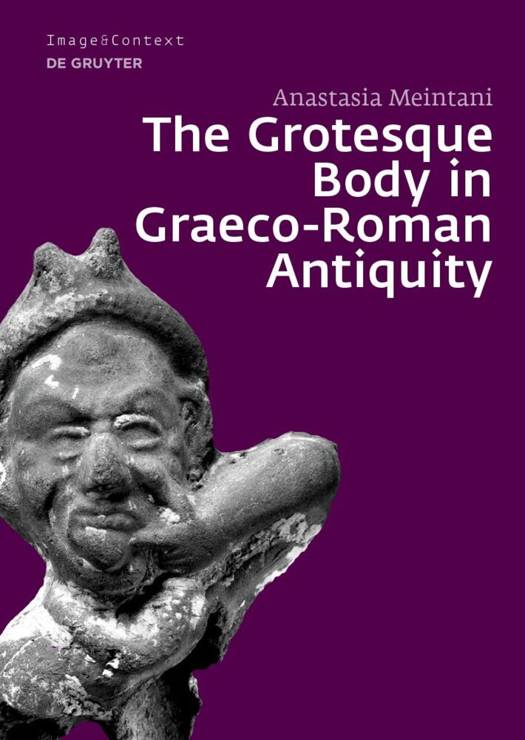
- Retrait gratuit dans votre magasin Club
- 7.000.000 titres dans notre catalogue
- Payer en toute sécurité
- Toujours un magasin près de chez vous
- Retrait gratuit dans votre magasin Club
- 7.000.000 titres dans notre catalogue
- Payer en toute sécurité
- Toujours un magasin près de chez vous
Description
Figurines exhibiting a distorted appearance were exceptionally à la mode in the Hellenistic and Roman periods. Archaeologists have attributed a wide gamut of functions to them. The underlying common denominator of all the propounded theories is that the purpose of these images was the lampoon and degradation of the dregs of society and of the physically deformed. This book argues that such statuettes conversely carried deeply positive meanings.
Spécifications
Parties prenantes
- Auteur(s) :
- Editeur:
Contenu
- Nombre de pages :
- 580
- Langue:
- Anglais
- Collection :
- Tome:
- n° 21
Caractéristiques
- EAN:
- 9783110691733
- Date de parution :
- 22-08-22
- Format:
- Livre relié
- Format numérique:
- Genaaid
- Dimensions :
- 170 mm x 231 mm
- Poids :
- 1791 g







